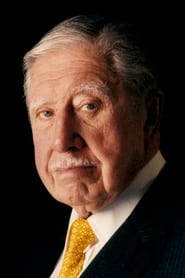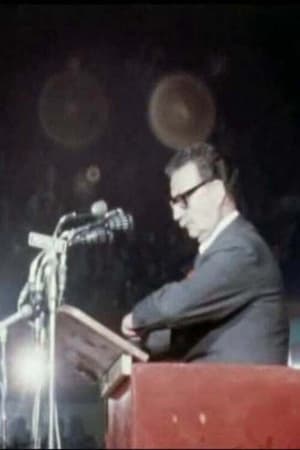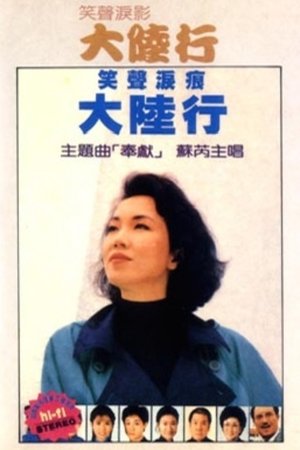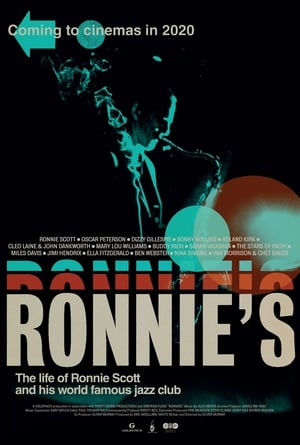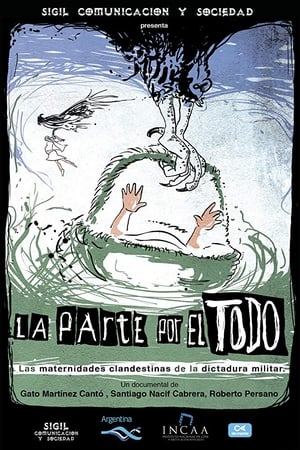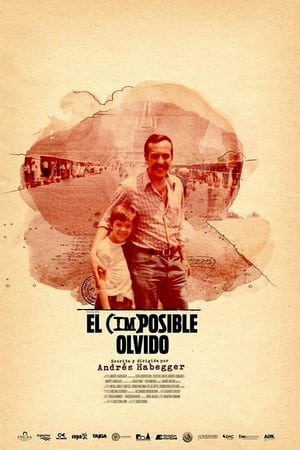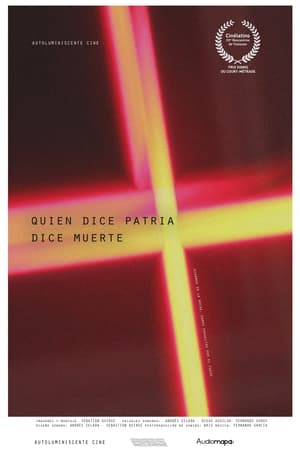
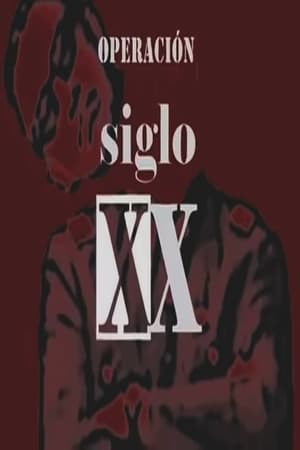
Operación Siglo XX(2006)
Movie: Operación Siglo XX

Operación Siglo XX
HomePage
Overview
Release Date
2006-11-27
Average
7
Rating:
3.5 startsTagline
Genres
Languages:
EspañolKeywords
Recommendations Movies
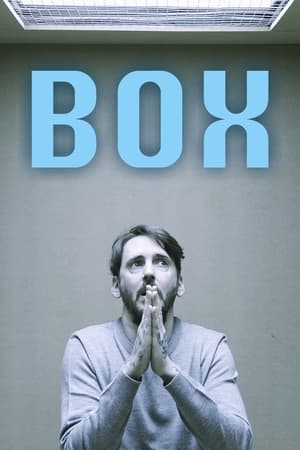 6.2
6.2Box(en)
The execution was scheduled and the last meal consumed. The coolness of the poisons entering the blood system slowed the heart rate and sent him on the way to Judgement. He had paid for his crime with years on Death Row waiting for this moment and now he would pay for them again as the judgment continued..
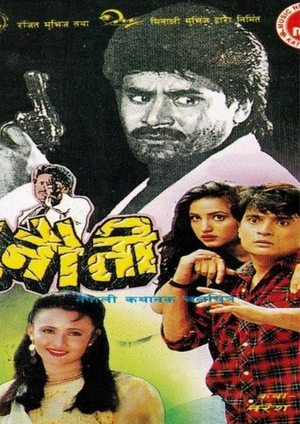 9.4
9.4Chunauti(ne)
Chunauti is an action-packed romantic comedy that tells a story of love, struggle, and justice. Ajaya and his wife Prabha move to Kathmandu, where Ajaya starts working as a teacher. Later, his sister Gita joins them and enrolls in the same college. There, she meets a kind and charming student, but trouble arises when Madhav, a troublesome student, also starts liking her. One day, a fight breaks out in the college, and when Gita tries to stop it, an inspector arrives and brings the situation under control. Angered by this, Madhav and his group cause harm to Prabha and Gita. They also try to escape punishment through legal means. With no strong evidence, Ajaya takes a stand and challenges the court. In the end, he decides to take justice into his own hands, leading to a tragic ending where the inspector, fulfilling his duty, stops Ajaya. Chunauti is a story of love, courage, and sacrifice in the face of injustice.
Film(en)
"This piece, with the generic title Film, is a series of short videos built around one protocol: a snippet of news from a newspaper of the day, is rolled up and then placed on a black-inked surface. On making contact with the liquid, the roll opens and of Its own accord frees itself of the gesture that fashioned it. As it comes alive in this way, the sliver of paper reveals Its hitherto unexposed content; this unpredictable kinematics is evidence of the constant impermanence of news. As well as exploring a certain archaeology of cinema, the mechanism references the passage of time: the ink, whether it is poured or printed, is the ink of ongoing human history." –Ismaïl Bahri
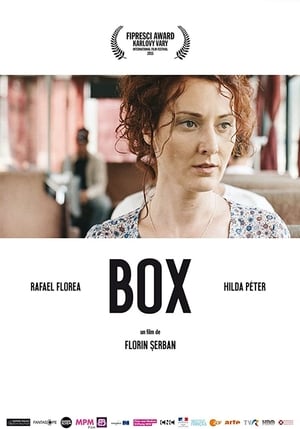 6.4
6.4Box(ro)
Box is a story of two people who meet at a crossroad. Two different destinies, two different lives, face to face in a game of sweat, blood and tears. Rafael (19) is a young boxer who dreams to conquer the world; Cristina (33) is a single mother who lost her balance. Two lives; one running very close to the earth, the other trying to fly high up, too high.
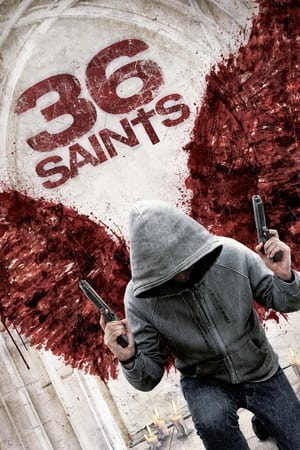 3.8
3.836 Saints(en)
When New York Police Headquarters is confronted with the horror of a serial murderer loose on the streets of Manhattan, two detectives (Franky G and Jeffrey De Serrano) are tasked with bringing order to the chaos. Oblivious to the danger, six students from all over the world, who now attend school together in New York, are planning a memorial to celebrate the lives of their 30 lost “brothers and sisters” who died suddenly in a tragic plane crash a year prior.
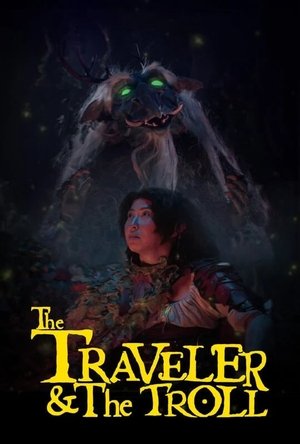 0.0
0.0The Traveler & The Troll(en)
A short film following a lost and weary traveler as they come face-to-face with the monstrous warden of the cursed woods and a deadly bargain with which they must contend.
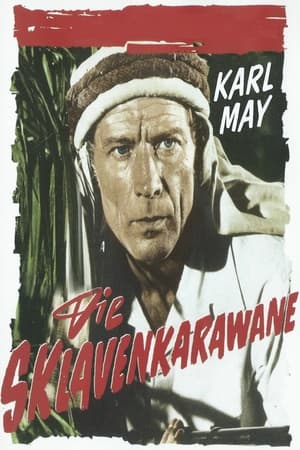 4.8
4.8Die Sklavenkarawane(de)
The dreaded slave hunter Abu el Mot attacks the caravan and abducts the travelers, including Kara Ben Nemsi, his faithful companion Hadschi Halef Omar, the quirky scholar Ignaz Pfotenhauer and the English explorer Sir David Lindsay. Kara Ben Nemsi manages to escape with Hadschi Halef. To get help, they set off on a long journey full of impassable adventures...
Cafe Tacuba - Un Viaje(es)
Mexican band Cafe Tacuba celebrates 15 years of making--and often revolutionizing--Spanish rock with Un Viaje. This lush, luxurious live set includes three discs of music and one electrifying DVD. The group has culled the best moments from a two-night stand in Oct. 2004 at the Palacio de los Deportes in Mexico City, and the results are consistently electric. Every song, every rhythm, every guitar lick, every laugh is important, a not-to-be-missed moment. Cafe Tacuba's potent mix of music and message is a powerful thing, and the group thrives in its unflinchingly earnest, sweetly sincere approach to its art. Even during backstage interviews and recording studio hijinks, each member seems wholly pleased to be a part of the process. Throughout the proceedings, Cafe Tacuba's ardent fans thank them with hoots, hollers and constant singalongs to almost every song, making Un Viaje a joyous trip for everyone involved.
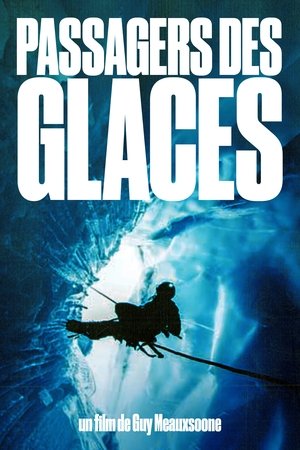 10.0
10.0Ice Passengers(fr)
Greenland, the largest island in the world, is unlike any other country. The film recounts the exploration of the Inlandis cavities in Greenland during the summer of 1992. Janot Lamberton, one of the pioneers of these expeditions, ventured, with speleologists and mountaineers, into the moulins, these immense crevasses that tear through the back of the Inlandis, a vast glacier four times the size of France, while glaciologist Louis Reynaut studies infraglacial phenomena. It is obviously not easy to penetrate the depths of the ice and film at a depth of 150 meters in sub-zero temperatures. The light is blue in one of the most fascinating landscapes on the planet, where scientists and explorers collaborate to deepen their knowledge of the Earth.
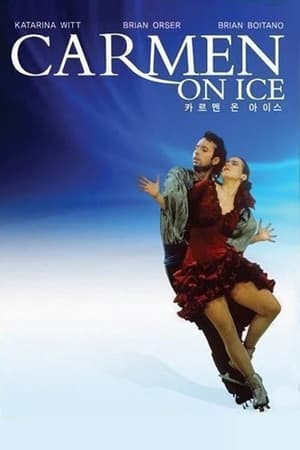 10.0
10.0Carmen on Ice(de)
Carmen is an opera in four acts by the French composer Georges Bizet. The libretto was written by Henri Meilhac and Ludovic Halévy, based on a novella of the same title by Prosper Mérimée.
Insane Fight Club II - This Time It’s Personal(en)
Insane Fight Club is back. This year the boys are taking their unique form of entertainment to England as they stage fight nights in Birmingham, Leeds, Liverpool and Newcastle.
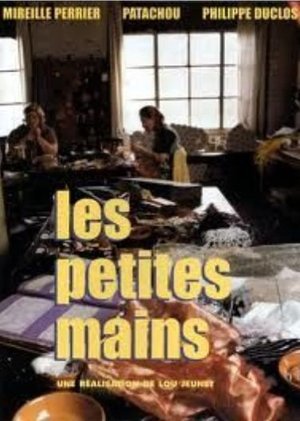 8.0
8.0Les Petites Mains(fr)
After the closure of a lace factory in Calais, Andrée, Lulu and Solange are out on the street.
 4.4
4.4High School Lynching(ja)
A high school girl’s affair with a college aged tutor is thwarted by her new step-mother. Sent to live with her aunt she must contend with delinquent students and a seemly cruel world.
Similar Movies
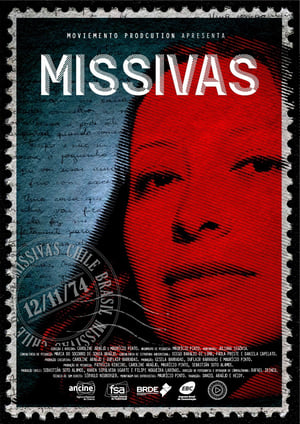 0.0
0.0Missivas(pt)
The Documentary tells the story of Jane Vanini from the author's reflections on her militancy-building process. Starting with the meeting of the two during the “Jornadas de 2013”, we will look at Jane's path as we follow steps, from her hometown, Cáceres, to Concepcion, in Chile. It is the possibility of discussing this journey from a personal point of view that makes this project unique and takes us to social, political and human borders. This window is opened to us through Jane's 41 letters to her family, allowing us to glimpse nuances of her intimacy and militancy choices. It was while researching Jane's militancy that the author debated these reflections on his own militant career and the context in which it takes place. Telling Jane's trajectory, going through her family and religious formation and its implications for her activism was one of the moments of encounter between these two days.
 9.5
9.5When the Mountains Tremble(es)
A documentary on the war between the Guatemalan military and the Mayan population, with first hand accounts by Nobel Peace Prize winner Rigoberta Menchú.
 0.0
0.0Conversations with Turiansky(es)
Biographical portrait of the labor movement and left wing movement in Uruguay, "Conversations with Turiansky" combines two stories. The first portrays the son of immigrants, the engineer passionate about the mystery of electricity, the man in love, the movie buff. The other places the protagonist in his time: union struggles, the advance of authoritarianism, prison and the challenges of the present. In both are present the lucidity, commitment, discreet tenderness and humor of Wladimir Turiansky.
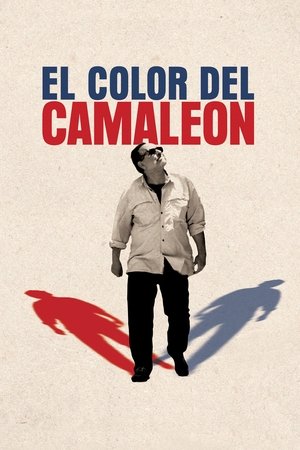 6.0
6.0The Color of the Chameleon(es)
During the Pinochet dictatorship, Jorge Lübbert became an instrument for the Chilean secret services, who forced him to work for them in an extremely violent way. He was able to escape from Chile and became a war photographer based in Belgium. Today, his son Andrés takes him back to the places of his unfinished past.
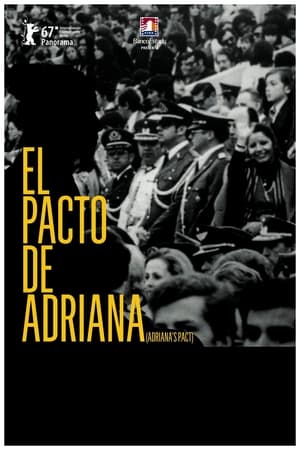 7.2
7.2Adriana's Pact(es)
Lissette's favorite aunt Adriana, who lives in Australia, is arrested in 2007 while visiting her family in Chile and accused of having worked for dictator Pinochet's notorious secret police, the DINA, and of having participated in the commission of state crimes. When Adriana denies these accusations, Lissette begins to investigate her story in order to film a documentary about her.
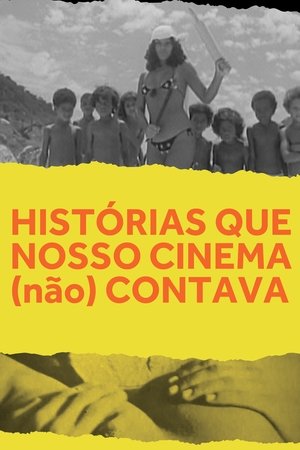 6.2
6.2Stories Our Cinema Did (Not) Tell(pt)
Filled with raunchy laughs, this documentary compiles outrageous scenes from sex-comedies that shaped Brazil's "pornochanchada" boom of the 1970s.
 0.0
0.0Você Também Pode Dar um Presunto Legal(pt)
Amid the civil-military dictatorship implanted with the 1964 coup, Sergio Muniz had the idea of making a documentary about the action of the Death Squad. At the time, the press still had some freedom to disseminate the work of these death squads formed by police officers of various ranks, and that he acted on the outskirts of cities like Sao Paulo and Rio de Janeiro. The victims of police repression (as today) were men, poor and black, and this condition is supposed criminals.
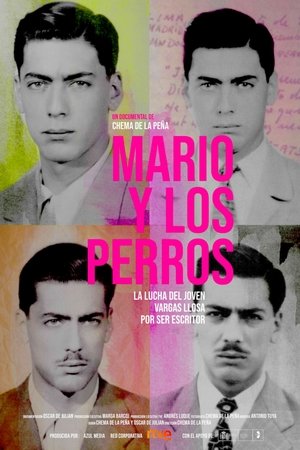 7.0
7.0Mario y los perros(es)
An account of the childhood and youth of the Peruvian writer Mario Vargas Llosa, Nobel Prize for Literature in 2010, and how the hard experiences he lived during these formative years led him to write and publish his first major work when he was only 26 years old.
 0.0
0.0Freedom of Inês Etienne Romeu(pt)
August 29, 1979, Talavera Bruce Penal Institute, Bangu, Rio de Janeiro. After serving eight years in prison, Inês Etienne Romeu, the only survivor of the "House of Death" in Petrópolis and the first political prisoner sentenced to life in prison in Brazil, left prison benefiting from Amnesty. Norma Bengell filmed this moment: from the prison door to her home with her family, Inês was welcomed by family, friends and members of the Brazilian Amnesty Committee, in what marked the first act of the historic denunciation that Inês would carry out against her tormentors and the Military Regime.
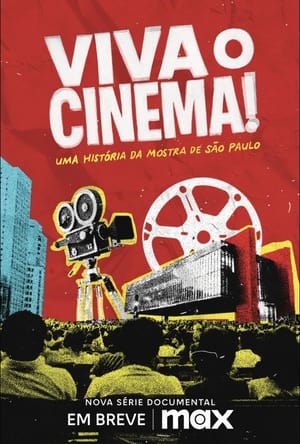 0.0
0.0Viva o Cinema! Uma História da Mostra de São Paulo(pt)
The series tells the story of the São Paulo International Film Festival, one of the most traditional cultural events in Latin America. For 48 years, the festival has showcased hundreds of films from all over the world, bringing vibrancy to the city. Filmmaker Marina Person provides an irreverent perspective, highlighting the exciting and unusual stories that have marked the festival’s journey of resistance. The series reveals the individuals who have embraced the challenge of organizing this significant cultural event in Brazil every year, despite often challenging conditions. We also delves into how the Mostra has grown to become one of the main festivals globally, shedding light on the changes in cinema, Brazil, and the world over the years.
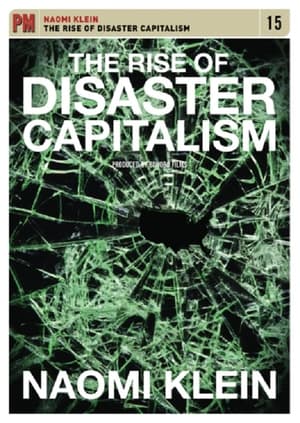 0.0
0.0The Rise of Disaster Capitalism(en)
In this revealing program, noted author and economic activist Naomi Klein offers a lecture and a candid interview in which she expounds on the ideas at the heart of her best-selling book.
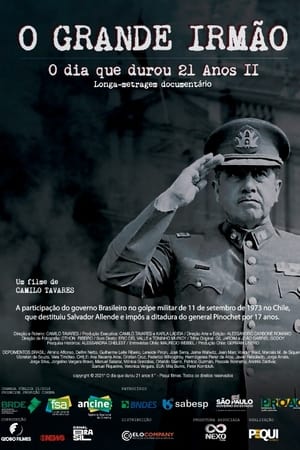 0.0
0.0O Grande Irmão: O Dia que Durou 21 Anos 2(pt)
With confidential and unpublished documentation, the film shows the background and behind-the-scenes of the coup in Chile that took place on September 11, 1973 - and General Pinochet's dictatorship, which lasted 17 years.
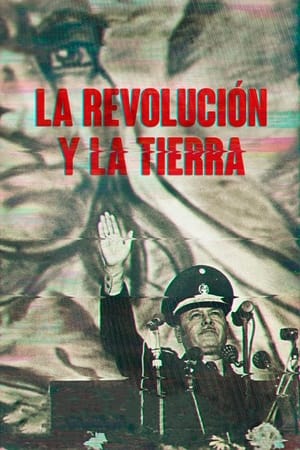 8.2
8.2Revolution and Land(es)
The long fight over the land, which demolished the wall between master and serf, continues to divide Peru to this day. But the 1969 agrarian reform marked a before and after in the country's story - a profound change that Peruvian cinema reflected and encapsulated, creating great imagination we continue to discover today. 50 years after the social experiments of the revolution, we ask ourselves whether Peru really messed up or not with Juan Velasco Alvarado.
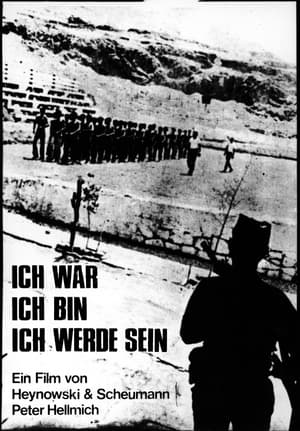 6.8
6.8I Was, I Am, I Will Be(de)
In the spring of 1974, a camera team from Studio H&S succeeded against the explicit orders of the Junta’s Chancellery, entered into two large concentration camps in the north of the country - Chacabuco and Pisagua - leaving with filmed sequences and sound recordings.
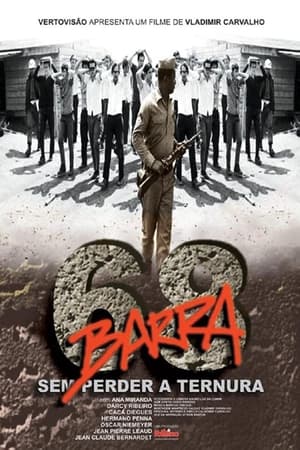 6.0
6.01968 - Without Losing Tenderness(pt)
The story of the University of Brasília, since it was only a project in Darcy Ribeiro's head until the fateful events in August 1968 when its campus was invaded by the police, during the military dictatorship, thus putting an end to its independence.
 0.0
0.0Stunned, I Remain Alert(pt)
Journalist Dermi Azevedo has never stopped fighting for human rights and now, three decades after the end of the military dictatorship in Brazil, he's witnessing the return of those same practices.
 0.0
0.0Wie baue ich einen Molotow-Cocktail ?(de)
Instructions on how to make a Molotov Cocktail
